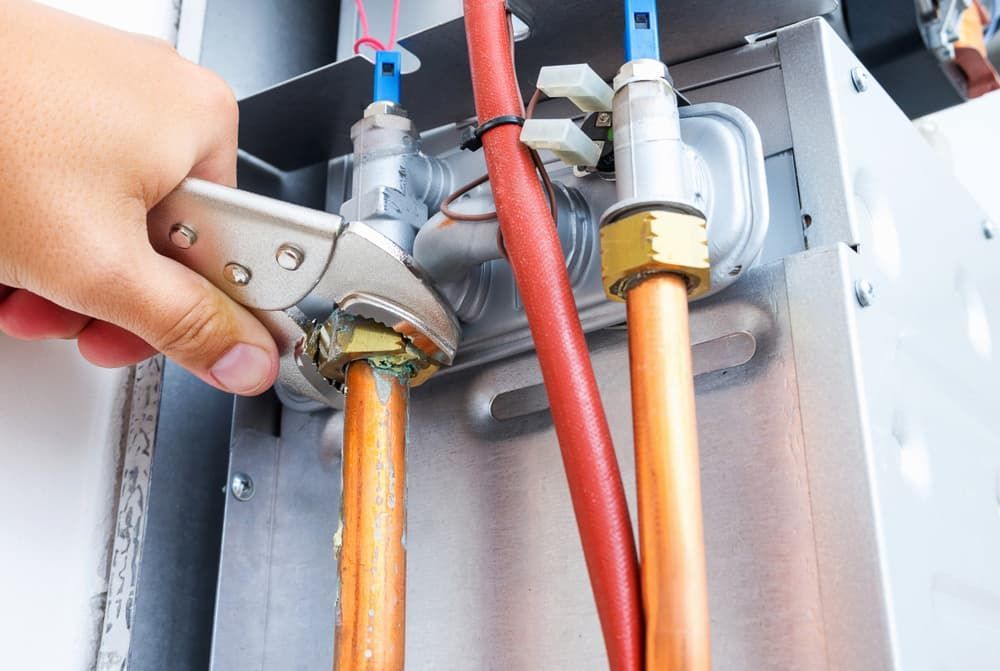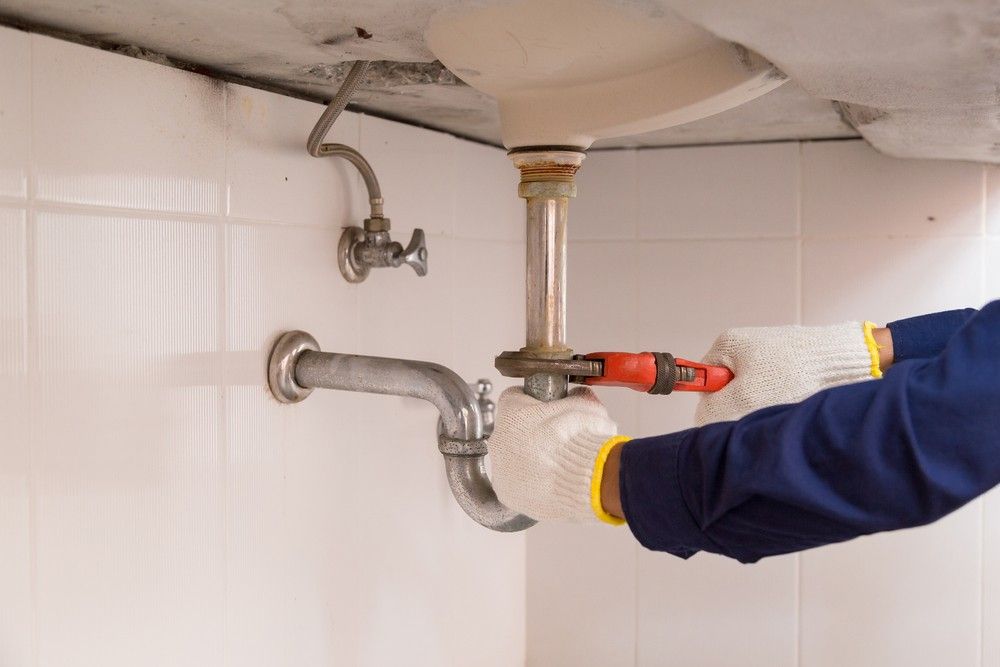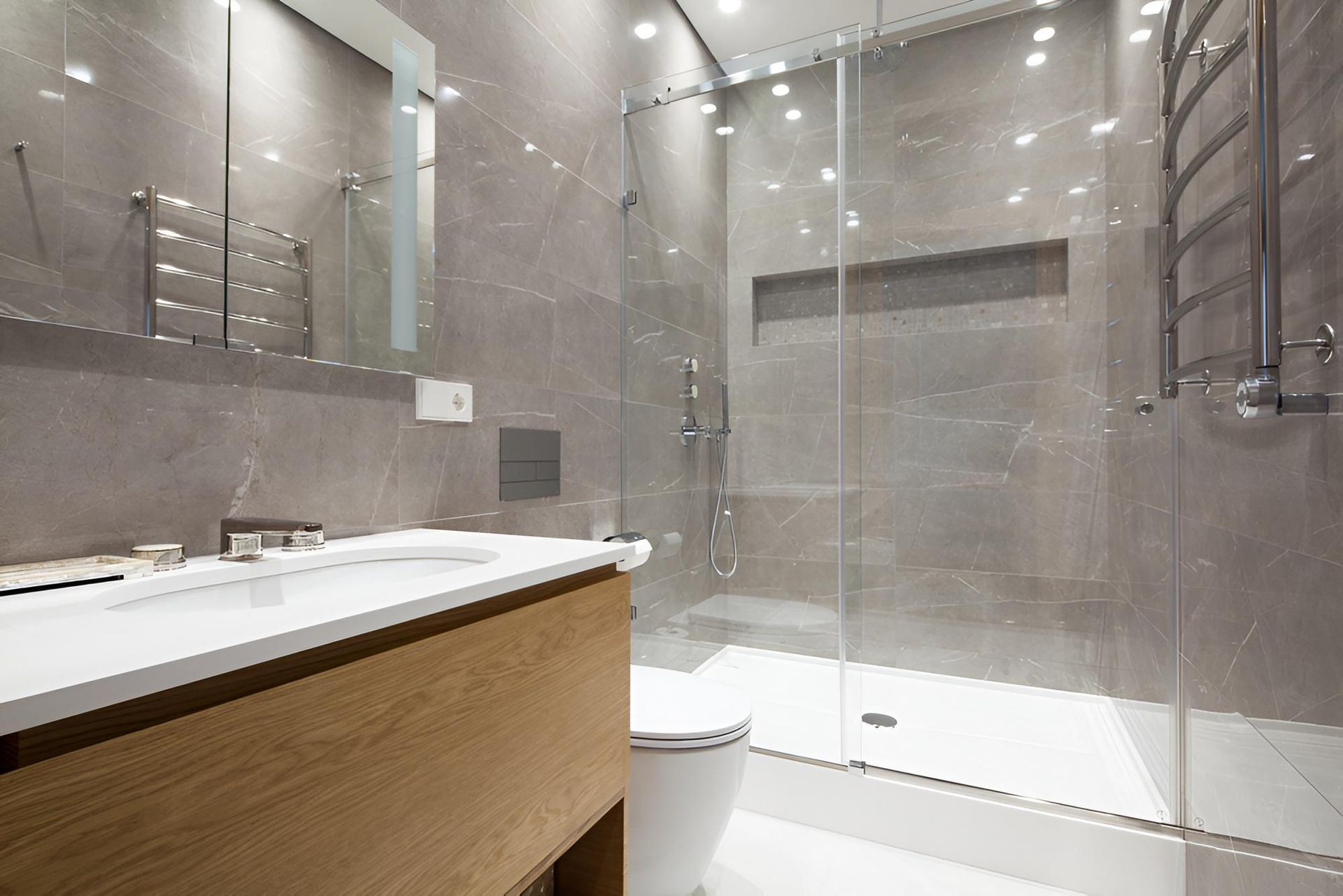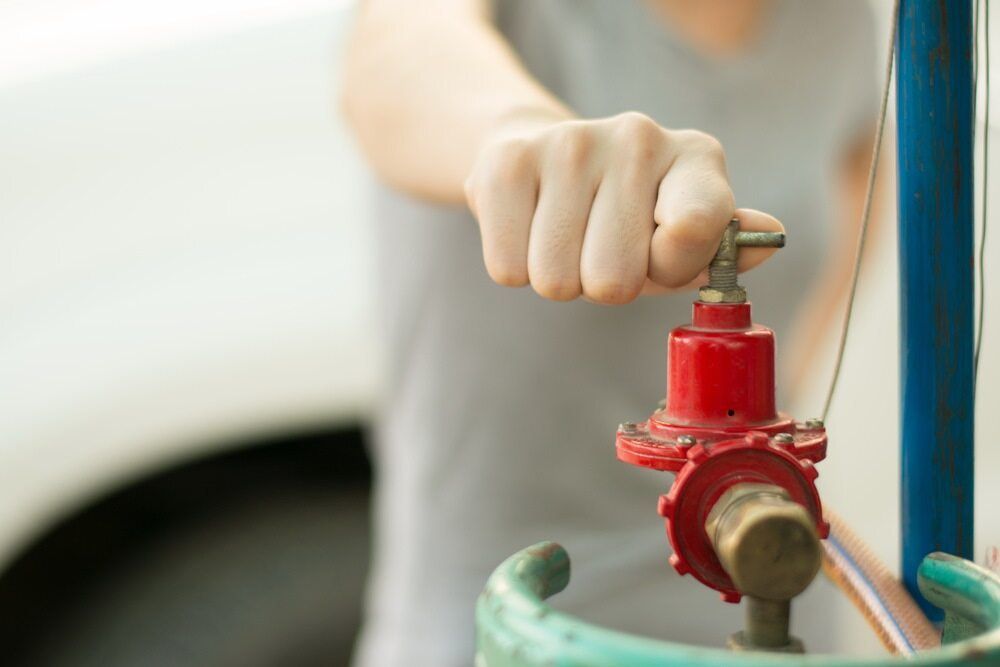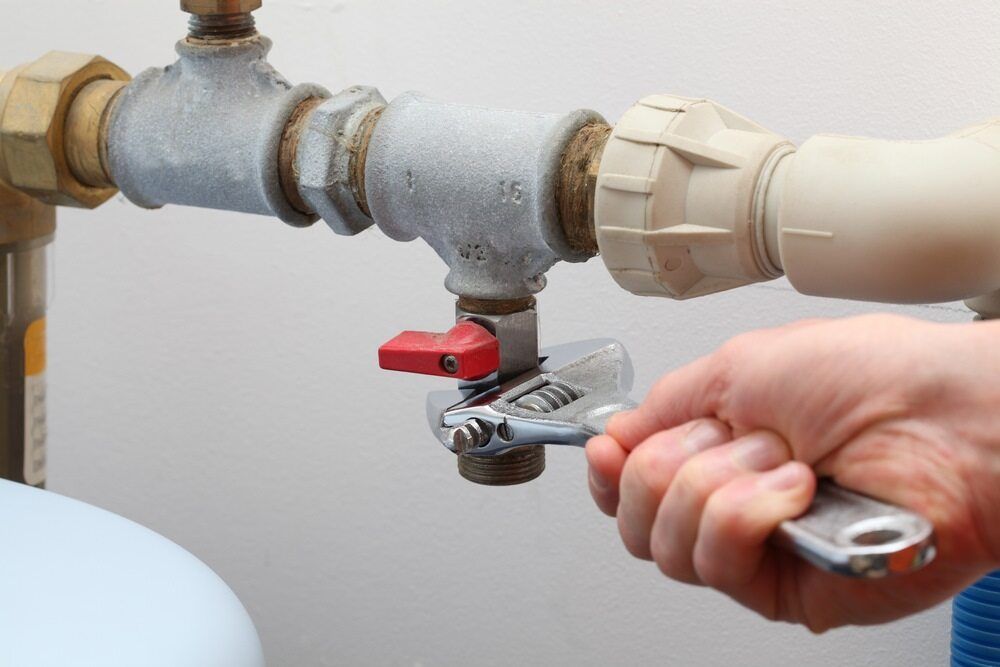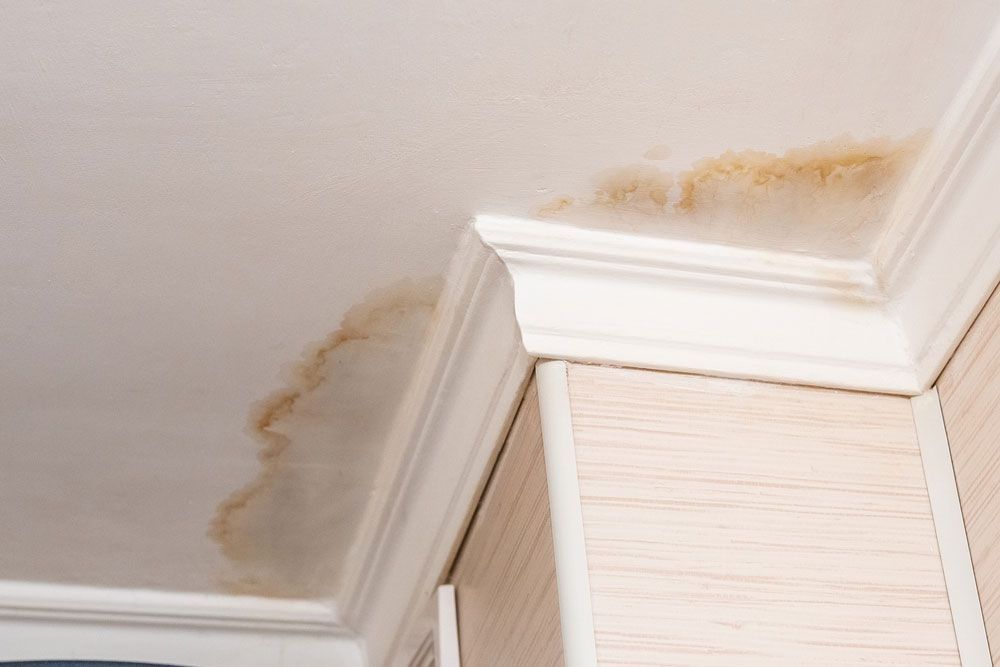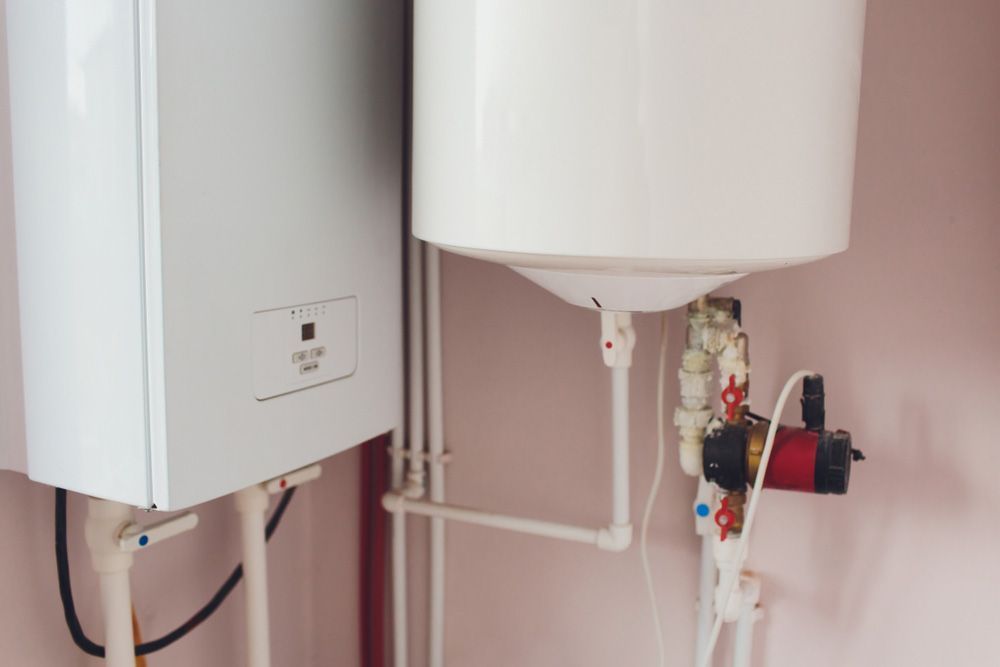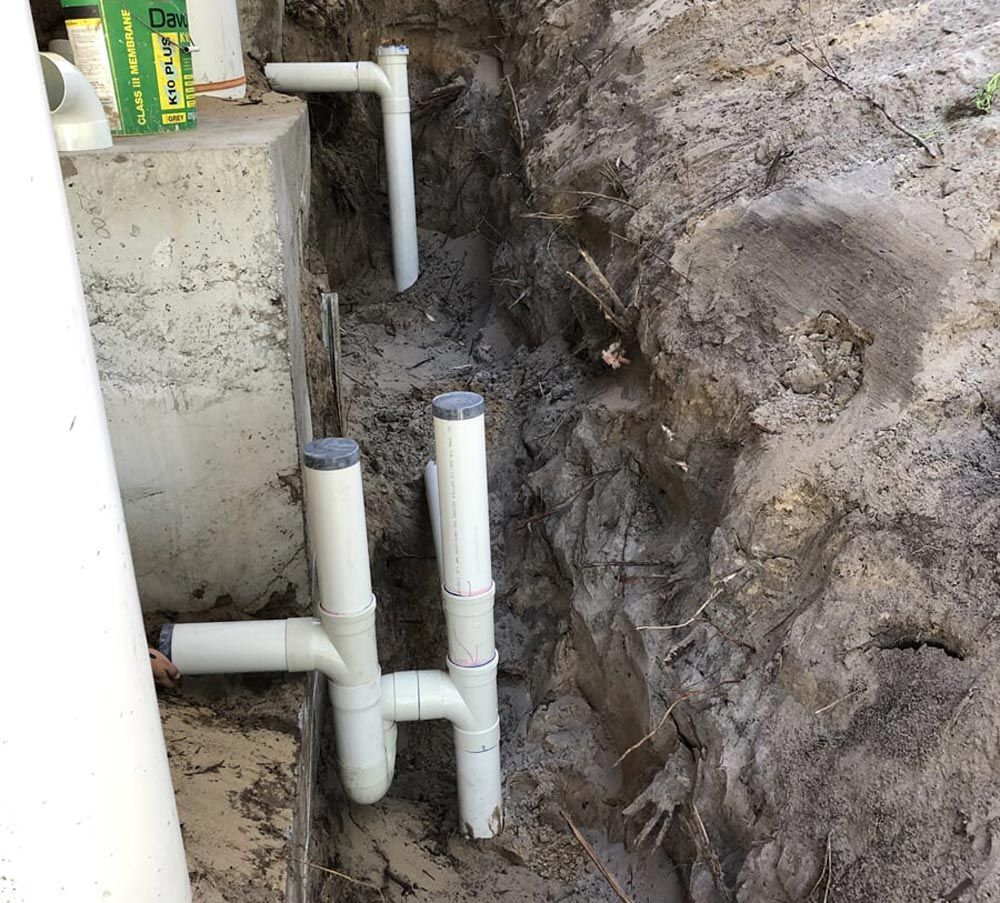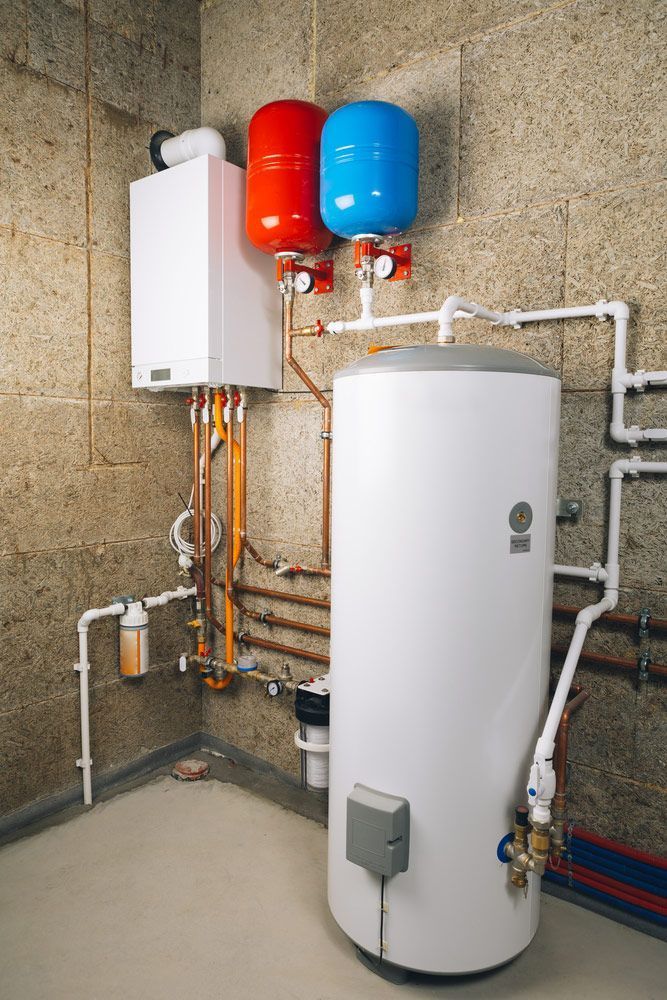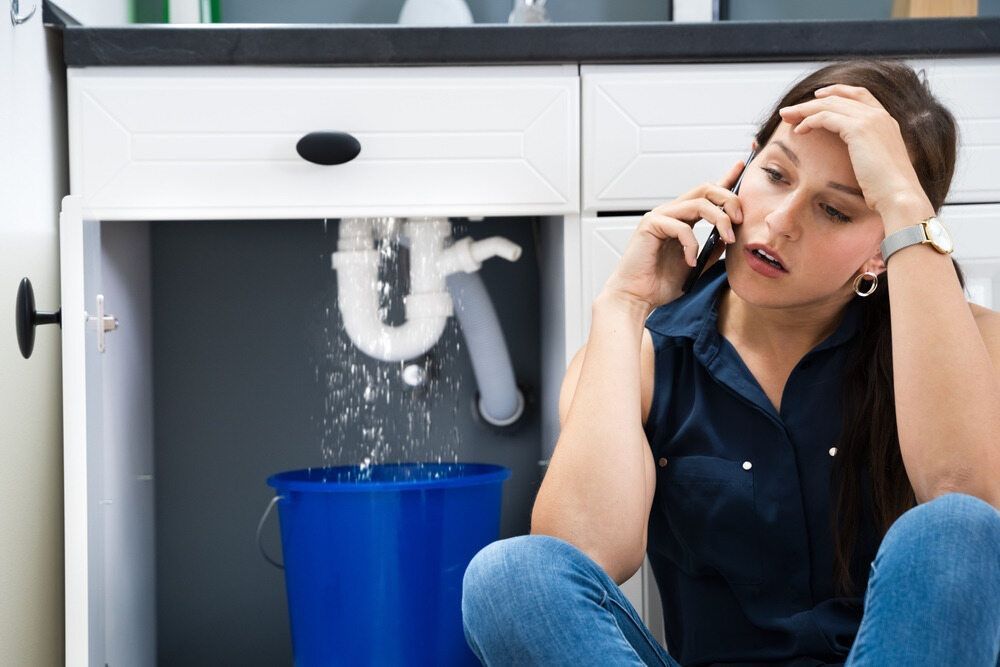Choosing The Right Hot Water System For Your Forster Home
A reliable hot water system is one of those home essentials you only think about when something goes wrong, like a cold morning shower or a sudden leak. But with so many types available, from electric and gas to solar and heat pump systems, choosing the right one for your Forster home can feel overwhelming. Each option has its advantages, and your decision depends on more than just the price tag. A professional plumber can help you assess your household’s needs, energy preferences, and long-term goals to ensure the system you install delivers consistent comfort and efficiency.
1. Understanding Your Household’s Hot Water Needs
Before deciding on a system, it’s important to think about how your home uses hot water day-to-day. A household’s size, number of bathrooms, and lifestyle all affect the system capacity and type best suited for you. Plumbers often begin with a quick audit of your daily water use to avoid under- or over-sizing your unit, ensuring maximum performance and value.
Key factors plumbers consider include:
- Household size: More people means more showers, dishes, and laundry.
- Water fixtures: Multiple bathrooms or large bathtubs require a system that can deliver high flow rates.
- Usage patterns: Staggered use across the day can benefit from continuous flow systems rather than storage tanks.
A clear understanding of your home’s water habits helps ensure your chosen system performs efficiently without unexpected cold bursts or wasted energy.
2. Electric Hot Water Systems: Reliable and Affordable Options
Electric systems remain a common choice for many households thanks to their simplicity and accessibility. They use a heating element inside a tank to store hot water ready for use, making them ideal for smaller families or properties without gas connections.
A plumber can advise whether an electric storage or continuous flow model will suit your budget and energy preferences. While the upfront cost is often lower than other systems, electric units can be more expensive to run depending on your energy tariff.
Main points to consider:
- Easy installation: Quick setup and minimal maintenance needs.
- Wide availability: Ideal where gas or solar isn’t practical.
- Energy costs: Running expenses depend heavily on electricity prices and usage habits.
Regular maintenance by a licensed plumber helps extend the unit’s life and keeps it running efficiently.
3. Gas Hot Water Systems: Efficient and Instant Heating Solutions
For households seeking quick, consistent hot water, gas systems offer a powerful and energy-efficient option. These systems heat water on demand, meaning you never run out — perfect for larger families or homes with high water use.
Plumbers can install and connect either natural gas or LPG systems depending on local supply. Regular servicing ensures correct ventilation and safe operation, which is crucial for gas-powered units.
Key benefits include:
- Instant hot water: Continuous flow means endless supply.
- Lower running costs: Typically cheaper to operate than electric systems.
- Energy efficiency: Modern gas units boast strong performance ratings.
Professional installation is vital to meet Australian safety standards and guarantee reliable operation over time.
4. Solar Hot Water Systems: Eco-Friendly Plumbing in Action
If you’re looking to reduce energy bills and environmental impact, solar hot water systems are a great long-term investment. Using rooftop solar panels and a storage tank, these systems harness free energy from the sun to heat your water supply.
Plumbers play a major role in setting up and maintaining solar systems. From positioning panels for maximum sun exposure to connecting storage tanks and backup boosters, their expertise ensures your system performs efficiently year-round.
Consider these advantages:
- Lower energy bills: The sun does most of the work.
- Sustainability: Reduces your home’s carbon footprint.
- Government incentives: Rebates and savings may apply for solar installations.
Although the upfront cost is higher, the long-term savings often outweigh the investment. A plumber can help calculate the best setup for your property.
5. Heat Pump Systems: Harnessing Air Energy for Hot Water
Heat pump systems are becoming increasingly popular thanks to their innovative use of air to generate heat. They work by drawing warmth from the air and transferring it into the water, much like a reverse refrigerator.
A professional plumber ensures your system is installed in an optimal location with good ventilation and minimal noise. They also handle ongoing servicing to maintain efficiency and prevent wear on the compressor and valves.
Key considerations include:
- Energy efficiency: Uses up to 65% less electricity than standard systems.
- Climate suitability: Performs best in moderate temperatures.
- Quiet operation: Modern designs are much quieter than older models.
For homes in coastal climates, heat pumps offer a great balance between energy savings and reliable performance.
6. Key Factors to Consider Before Installation
Before committing to a particular system, it’s worth weighing up a few practical factors. A licensed plumber can help you compare options and determine which setup best suits your property’s layout, budget, and future needs.
Points to keep in mind include:
- Energy source: Check whether gas, solar, or electric connections are available.
- Space requirements: Storage tanks and solar panels need adequate room.
- Running costs: Balance upfront price with long-term energy savings.
- Water demand: Choose a system that can handle peak household use.
These factors not only influence comfort and convenience but also compliance with plumbing codes and warranty requirements.
7. Professional Installation and Ongoing Maintenance
Choosing the right system is only half the job — correct installation is what ensures safety and efficiency. Hiring a licensed plumber guarantees that your hot water unit meets all Australian standards and performs as intended.
Plumbers provide services beyond the initial setup, including:
- Annual maintenance checks to keep your system efficient and safe.
- Temperature and pressure testing to prevent leaks or damage.
- Replacement of valves or anodes to extend system lifespan.
Routine servicing not only prevents unexpected breakdowns but also helps identify potential energy savings or upgrade opportunities early on.
8. Signs It’s Time to Replace or Upgrade Your Hot Water System
Even the best hot water systems wear out over time. Knowing when to replace your unit can save you from sudden breakdowns or high energy bills. A licensed plumber can assess whether your system can be repaired or if an upgrade is the smarter choice.
Common signs your system may need replacing include:
- Fluctuating temperatures or lukewarm water.
- Visible leaks or rust around the tank.
- Rattling noises, high bills, or reduced efficiency.
Newer systems are more energy-efficient and better suited to modern household demands. A professional can recommend the right upgrade to match your home’s needs and future-proof your comfort.
At Foreshore Plumbers, we know how important reliable hot water is to everyday comfort in Forster homes. Whether you’re replacing an old system or exploring energy-efficient options like gas, solar, or heat pump models, our licensed plumbers provide expert advice, installation, and ongoing support. We handle everything, from system selection to compliance and maintenance, so you can enjoy consistent hot water all year round.
If you’re ready to discuss your hot water system in Forster, contact us today for professional guidance or a free quote. Visit our website at https://www.foreshoreplumbers.com.au/ to get started and experience the local plumbing expertise your home deserves.

